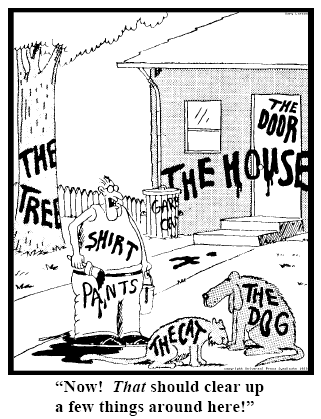Socially-aware Web
More details about this document
- Identifier
- https://csarven.ca/presentations/socially-aware-web
- Published
- Modified
- License
- CC BY 4.0
- Language
- English
- Document Type
- Slideshow
- Inbox
- https://csarven.ca/presentations/inbox/socially-aware-web/


Social and Technical Decisions
But.. it is a privilege to have the opportunity to show up.
NIH 🙈 🙉 🙊 FUD
"My standard/tool/idea can beat up your standard/tool/idea..."